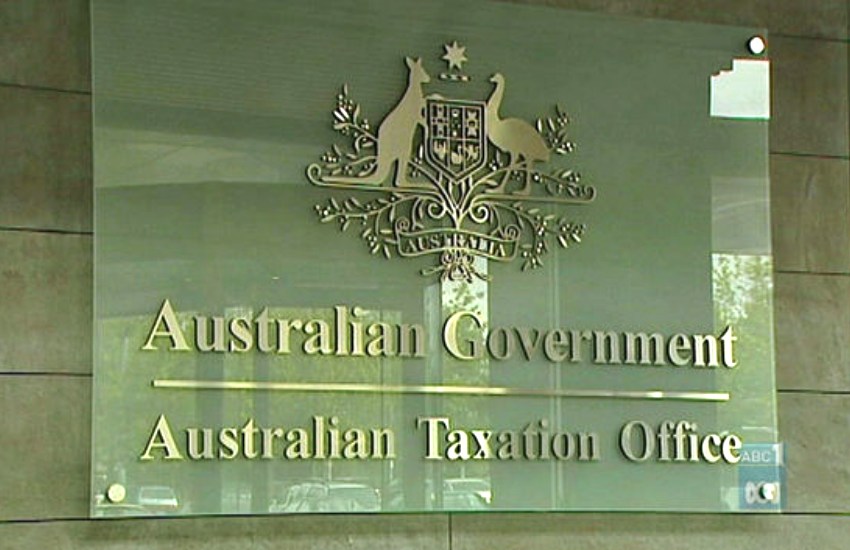ATO overhauls disclosure of SMSF admin penalties
SuperThe ATO is reshaping the way it discloses headline administrative penalties to SMSF trustees so that amounts which may be remitted are provided alongside the strict calculation, which one law firm says is a welcome move.

Speaking in a recent webinar, DBA Lawyers senior associate William Fettes explained that the introduction of the administrative penalty regime significantly bolstered the ATO’s arsenal for addressing non-compliance in the SMSF sector.
“It has provided a middle ground between lesser measures and the more drastic responses such as non-compliance, trustee disqualification, and civil and criminal penalties,” Mr Fettes said.
Administrative penalties in respect of SISA compliance are imposed automatically under section 166(1) of the SISA on a strict liability basis for the contravention of specified rules.
Mr Fettes reminded SMSF professionals and trustees that penalties are imposed per trustee based on a number of penalty units.
“In many cases, there is some prospect of the ATO considering remission, so the commissioner does have the discretion to remit all, part or none of the penalty when they consider the overall circumstances and the taxpayer’s response to the queries being raised and the discussion that’s been had,” Mr Fettes said.
“It is possible that a substantial amount of the aggregated administrative penalties initially presented to the taxpayer (i.e. worked out on a strict basis) may ultimately be remitted by the ATO due to knowledge of the background circumstances, the taxpayer’s responses and the ‘totality principle’.”
The totality principle, he explained, is where the various contraventions are seen as “one contravening course of conduct”, even where it’s over a substantial period of time, for which the taxpayer should be liable to a single maximum penalty.
Mr Fettes said the totality principle can help individuals to avoid clocking up penalties for many different transactions.
The traditional approach by the ATO, he said, has been to provide the headline penalty upfront for all the transactions, without qualifying this with information about how parts of the penalty may be remitted.
“This would result in considerable anguish and fear by taxpayers who are invariably at a loss regarding how they will personally afford such large penalties,” he noted.
In response, the ATO has been evolving its practices in this area in terms of how it initially discloses the penalties, Mr Fettes said.
“We are aware that current ATO practice may be evolving in regard to how headline administrative penalties are being disclosed, so that an indicative amount that could be subject to remission — based on the circumstances of the case — is provided alongside the strict calculation,” he said.
“If this change in approach is universally adopted, it will be a welcome improvement.”
Due to the “multiplier effect” with these penalties, the strict headline calculation of administrative penalties can be substantial, especially where there are individual SMSF trustees, Mr Fettes said.
He gave an example where a single loan is made to a fund member, the loan is valued at above five 5 cent of fund assets and is outstanding for two years.
“If the SMSF has three individual trustees, then the ATO could impose 60 units in relation to the loan to a member and another 60 penalty units for the contravention of the in-house asset rules,” he said.
Each 60 units for each contravention would amount to $12,600, which would mean $25,200 per trustee per year. Once this is multiplied over the two years, then each trustee could be liable for $50,400.
Collectively, all trustees in the family could therefore be liable for $151,200, he noted.
“I want to highlight that’s just one transaction and there’s so many things that can happen. There can be lots of transactions involving lots of possible contraventions. So, potentially, those headline figures can balloon out very significantly and very quickly,” he said.
While the ATO is developing its approach around the disclosure of administrative penalties, Mr Fettes stressed that it is still very important that taxpayers put together detailed submissions to minimise penalties.
“The actual amount of remission will vary depending on the responses provided by the taxpayer to the ATO,” he said.




